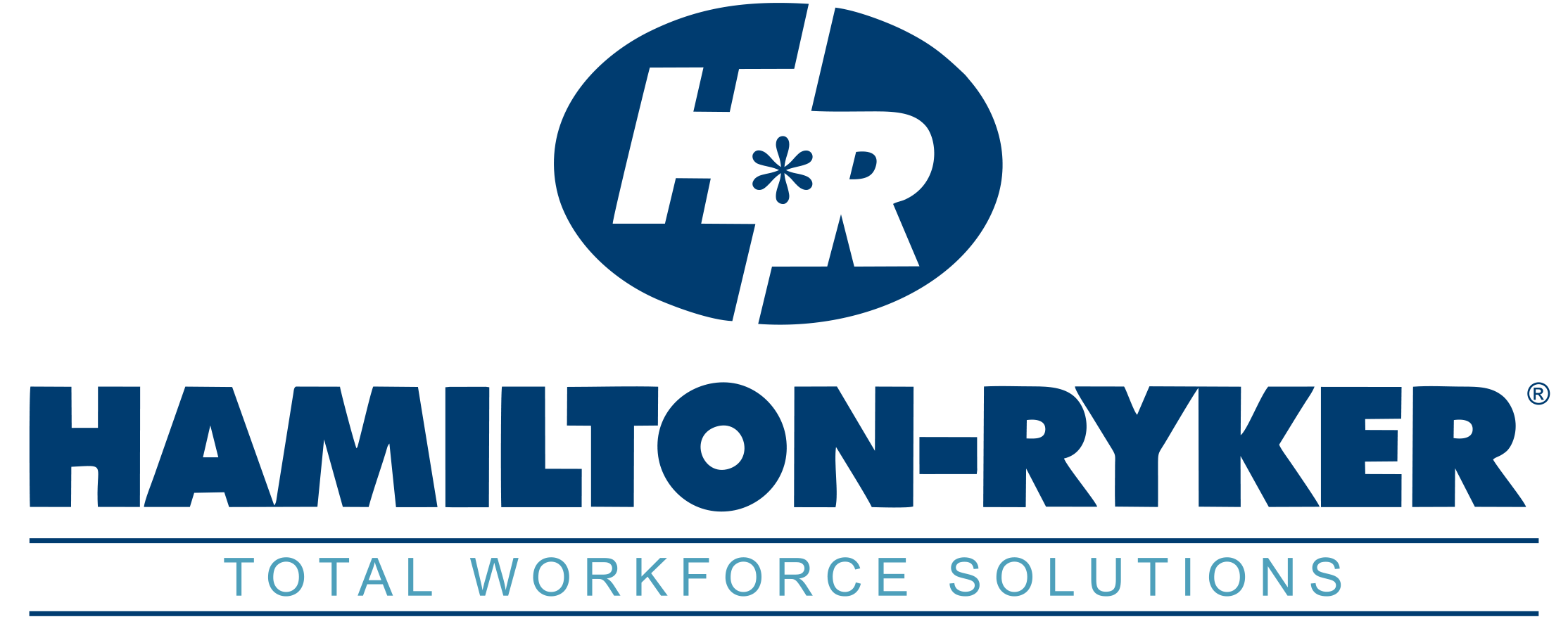Coronavirus: Best Practices for Your Staff
There’s a lot of concern and anxiety surrounding the recent news about Coronavirus (otherwise known as COVID-19). We want all of our employees to know we are actively working to keep their exposure to any form of illness as low as possible. Maintaining the health of our temporary workers as well as any permanent workers is our top priority.
With that in mind, we’ve compiled a list of resources and best practices to keep our industrial staffing clients healthy and safe.
Useful Information
As recommended by the U.S. Centers for Disease Control and Prevention, we have instructed our workers to adhere to the following practices:
- Avoid close contact with people who are sick
- Avoid touching their eyes, nose, and mouth
- Stay home when they are sick
- Cover their cough or sneeze with a tissue, then throw the tissue in the trash
- Clean and disinfect frequently touched objects and surfaces using a regular household cleaning spray or wipe
- Follow CDC’s recommendations for using a face mask
- Wash their hands often
The American Staffing Agency has further compiled resources addressing COVID-19. This includes information regarding:
- FAQs on COVID-19 for staffing companies
- Sample letters to temporary employees and staffing clients
- Staffing-specific webinars on COVID-19, including one this week from ASA’s chief legal officer Stephen Dwyer and legal experts from Seyfarth Shaw—sign up now
- Reliable updates from the Centers for Disease Control, World Health Organization, and US Chamber of Commerce Foundation
This information can be used to keep you and those around you safe and healthy. However, people can still fall ill even with adherence to these best practices. Please pay close attention to how you are feeling and stay home if you find yourself getting sick.
And should that happen, don’t panic. Common colds still exist. The simple fact that you don’t feel 100% doesn’t automatically mean you have Coronavirus. However, the following symptoms are associated with Coronavirus. If you are experiencing these symptoms you should seek the help of a medical professional:
- Fever
- Cough
- Shortness of breath
If You Are Sick
Stay home unless you are receiving medical care. Don’t go out to run errands and don’t go to work. Sequester yourself in a room of your home away from other people and animals. There is no current evidence that people are able to spread COVID-19 to animals, but it’s recommended to limit contact until we learn more about the virus.
Call ahead for your doctor visits. This gives them the opportunity to prepare for your arrival. They can take extra precautions to ensure other patients do not become infected.
Wear a facemask when you are around other people. Likewise, cover your mouth with a tissue when you cough or sneeze. Then throw the tissue in the garbage and immediately wash your hands.
Keep an eye on your symptoms. Seek medical attention if breathing becomes increasingly difficult.
If You Are Not Sick
Adhere to the best practices listed above. Clean your hands often. Be careful in large groups of people. COVID-19 is a serious illness but you shouldn’t live in fear of it. Live your life in much the same way as you would have before but exercise a little more caution.
Be sure to call your doctor if you feel you are getting sick, and stay home from work until you feel better.

